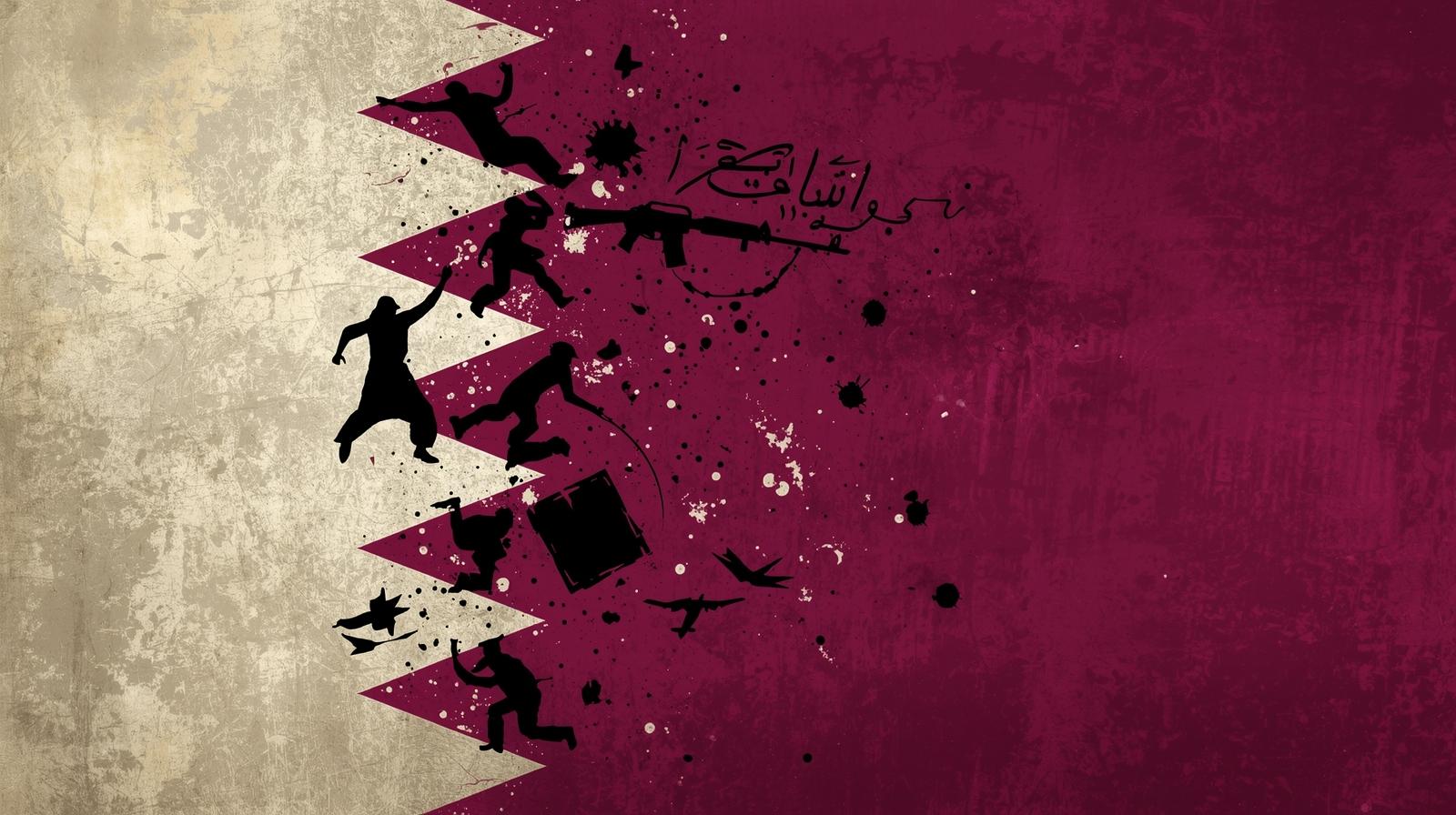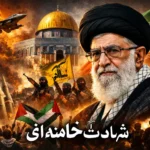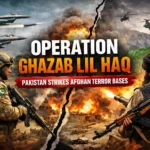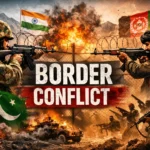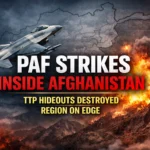By Ch.Haroon Rashid
Arab leaders in Doha condemn Israel’s strike but stop short of announcing concrete action
Doha, Qatar — The much-anticipated Qatar Arab-Islamic Summit 2025 convened in response to Israel’s deadly Doha airstrike, which killed senior Hamas figures and struck at the heart of mediation efforts. With nearly 60 states represented, the summit was expected to deliver a unified roadmap against Israel. Instead, it ended with powerful words but no binding measures, reinforcing the long-standing pattern of tough rhetoric without actionable follow-through.
Strong Condemnations, United Anger
From start to finish, leaders did not mince words.
- Qatar’s Emir Sheikh Tamim bin Hamad Al Thani condemned the strike as a “cowardly and treacherous violation” of his country’s sovereignty and a deliberate attempt to sabotage peace efforts.
- Turkey’s President Recep Tayyip Erdoğan called for Israel to be held accountable under international law, urging economic pressure.
- Jordan’s King Abdullah II warned that Israel’s threat had “no limits” and demanded clear, decisive, and deterring responses.
- Pakistan’s Prime Minister pledged “unflinching solidarity with Qatar” and pressed for firm decisions.
- Other states — from Iran and Malaysia to Indonesia — echoed calls for justice, accountability, and international scrutiny.
The speeches painted a united picture of outrage, frustration, and resolve — at least on the surface.
Missing in Action: Concrete Steps
Despite the fire in their words, the summit stopped short of translating anger into collective measures:
- No sanctions, boycotts, or trade restrictions were announced.
- Diplomatic relations with Israel remained intact, despite speculation about potential recalls.
- Security cooperation or a joint Arab deterrence plan was discussed but not detailed.
- Legal accountability efforts were mentioned but without clear mechanisms or timelines.
In short, the summit produced a strong communiqué but no teeth — a pattern consistent with earlier Arab-Islamic gatherings, where symbolism outweighed substance. (See also our analysis of the India–Israel Defence Alliance).
Ceremonial or Meaningful?
Critics quickly labeled the Doha meeting another ceremonial gathering, heavy on rhetoric and light on outcomes. Yet, summits like these are not entirely hollow:
- Symbolism Matters — For millions of Arabs and Muslims, silence would mean complicity. Summits show that leaders are not letting such incidents pass unchallenged.
- Diplomatic Pressure — Even without sanctions, unified condemnation amplifies international scrutiny and forces global powers to take notice.
- Public Opinion Valve — Arab leaders, sensitive to street sentiment, use summits to show solidarity and channel popular anger into official statements.
- Future Foundation — While immediate results are rare, these summits can pave the way for legal cases, U.N. actions, or smaller coordinated measures later.
The Human Dimension
Beyond geopolitics, the summit resonated with ordinary people across the Arab and Muslim world. Families watching events unfold saw at least one reassurance: their suffering and losses are not being ignored. The Doha strike wasn’t just an attack on lives, but on diplomacy itself and the gathering ensured it would not be forgotten.
Conclusion
The Qatar Arab-Islamic Summit 2025 highlighted the gap between unity in words and unity in deeds. While critics call it “tough talk with no teeth,” the gathering still carried weight — not through sanctions or strategies, but through symbolism, visibility, and the refusal to let aggression go unanswered.
Whether that symbolism grows into substance remains the real test for Arab and Muslim leaders in the months ahead.
